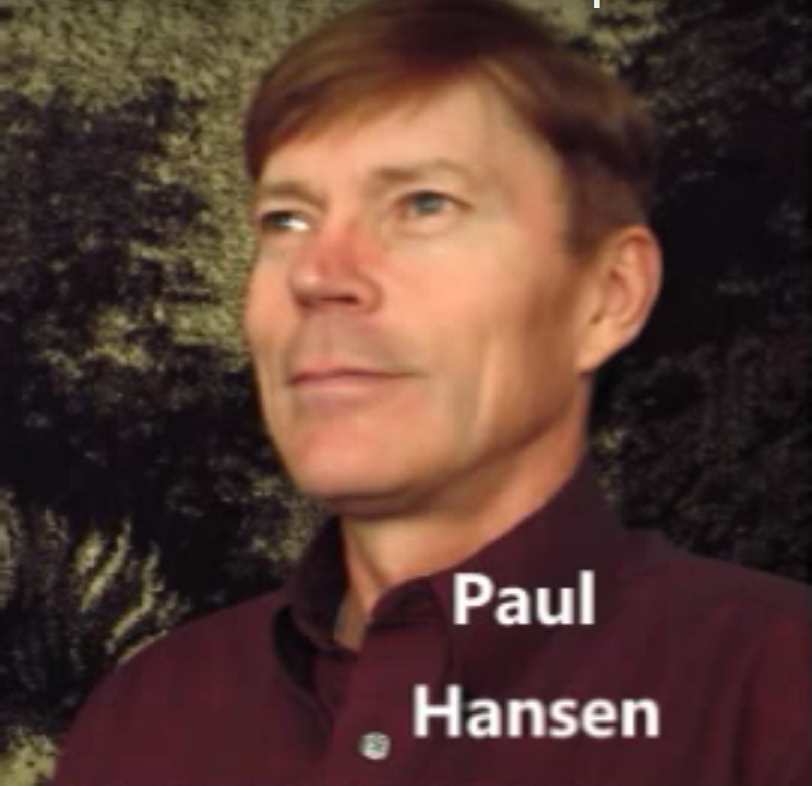Mordechai Vanunu
18. October, 2008Mordechai Vanunu, a former Israeli nuclear technician, completed his entire 18-year sentence in Israel’s Ashkelon Prison on April 21, 2004, for blowing the whistle on his government’s secret nuclear weapons program. Captured by Israeli agents on September 30, 1986, he spent more than 11 1/2 years in solitary confinement.
One of 11 children of Moroccan Jewish parents who emigrated to Israel in 1963, when he was 9 years old, Vanunu served in the Israeli army and then went to work as a young man in the Dimona nuclear “research center” in the Negev Desert near his home at Beersheba. The facility harbored an underground plutonium separation plant operated in strictest secrecy. As the years went by he grew increasingly troubled as he realized his work was part of Israel’s nuclear bomb program. In 1985, before leaving Dimona, he took extensive photographs inside the factory in order to document the truth for his fellow citizens and the entire world.
Traveling through Asia with the film in his backpack, Vanunu made his way to Sydney, Australia, where he found companionship in an Anglican church social justice community with whom he shared the story of his nuclear background. In Sydney he also converted to Christianity and was baptized in July, 1986. A British newspaper, the London Sunday Times, learned of his story and sent a reporter to Sydney to check it out. The newspaper then flew Vanunu to England, where his photos and facts were further checked by British scientists familiar with nuclear weapons. Vanunu’s story, published October 5, 1986, gave the world its first authoritative confirmation that tiny Israel had become a major nuclear weapons power, with material for as many as 200 nuclear warheads of advanced design.
Israeli agents got early wind of Vanunu’s intentions. Even before publication of the story they had lured him from Britain, abducted him in Italy, and dumped his drugged body onto an Israeli cargo vessel bound for Israel. In the following months he was charged with espionage and treason and convicted at a closed-door trial. All legal appeals were exhausted, and he was consistently denied parole or probation.
For the first 11 1/2 years of his imprisonment Vanunu was held in solitary confinement, denied human contact except with his guards, a lawyer, a priest, and the occasional visits of his siblings. This treatment was condemned by Amnesty International as ” cruel, inhuman, and degrading.”
On March 12, 1998, he was released into the prison population but was still subject to many restrictions – no contact with Palestinian prisoners, no phone use and his mail was censored. During the last 6 years he spent in prison, Vanunu was also able to have occasional visits with Nicholas and Mary Eoloff, the St. Paul, Minnesota couple who adopted him in the fall of 1997.
Despite years of isolation in prison, Vanunu remains steadfast in his belief that what he did was necessary and right. He was released on April 21, 2004, but the Israeli government imposed severe restrictions on his movement and speech, including the condition that he is not allowed to leave the country.
The Association for Civil Rights in Israel represented Vanunu in an appeal of the restrictions to the High Court. In July, the Court rejected the appeal, on the grounds that Vanunu “might be in possession of additional secrets he had not yet revealed”. Vanunu continues to assert that he has no more secrets, and told everything he knew to the London Sunday Times when he blew the whistle in 1986.
At a mandated six-month review in October, 2004, the restrictions were renewed.
On November 11, 30 armed Israeli police stormed St. George’s Cathedral and arrested Vanunu. (He had been given sanctuary there by the Episcopal Bishop of Jerusalem, and has been living there since his release from prison.) He was questioned about his interviews with foreign press, which he conducted in open defiance of the restrictions, believing the restrictions to be a violation of his freedom of speech. He was released late that night to a week of house arrest.
Vanunu was also detained on Christmas Eve, December 24, as he attempted to enter the off-limits West Bank city of Bethlehem for worship at the Church of the Nativity. He was released several hours later to five days of house arrest.
The next review of Mordechai Vanunu’s restrictions will take place on April 21, 2005. There is continued pressure from campaigns, supporters and anti-nuclear and human rights activists around the world, urging Israel to lift the restrictions and let him go. An international delegation will go to Israel April 18-22.
Vanunu is very much looking forward to his complete freedom and the end of his long ordeal, and hopes to soon be able to leave Israel and begin a new life.





Recent Comments